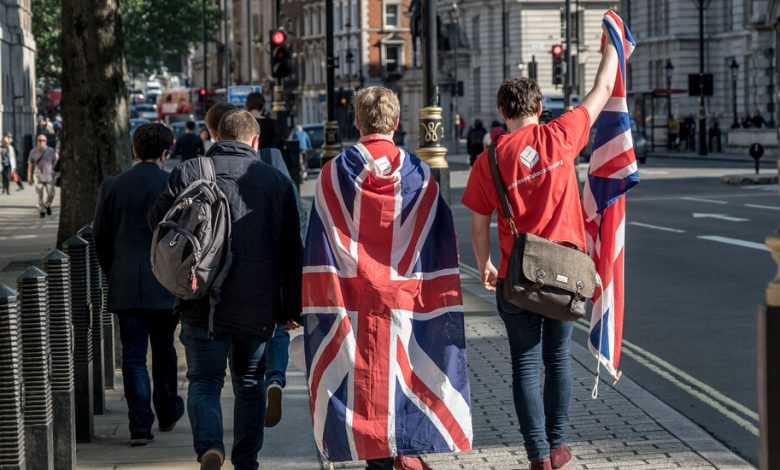At a Time of War, Cameron Brings Experience but Also a Checkered Past

For a politician who has tried to define himself as a change agent, Prime Minister Rishi Sunak’s appointment of David Cameron as Britain’s foreign secretary is a counterintuitive and surprising move.
Few British political figures are more identified with Brexit than Mr. Cameron, who called the 2016 referendum, campaigned against leaving the European Union, and then resigned as prime minister when Britons voted narrowly in favor of it.
Mr. Cameron is also closely linked to the Conservative Party’s austerity policies, which he introduced after becoming prime minister in 2010. Those policies have been blamed for leaving Britain with a legacy of depleted public services, with struggles in the National Health Service often cited, hobbling Mr. Sunak’s attempts to reinvigorate his government.
Mr. Cameron’s victory in 2010, forming a coalition government with the centrist Liberal Democrats, inaugurated the current era of Conservative government. Far from celebrating that legacy, however, Mr. Sunak has at times appeared to be running in opposition to it. “Be in no doubt, it is time for a change, and we are it,” he told his party at its annual conference just last month.
It is not clear how recruiting a former prime minister fits that definition. But Mr. Cameron’s appointment does serve another purpose: With James Cleverly, the respected foreign secretary, moved into Suella Braverman’s role at the Home Office, the prime minister needed another experienced figure to run the Foreign Office at a time of war in Ukraine and in Gaza.
Mr. Cameron’s return could bring another awkward episode back into the spotlight, however: his lobbying on behalf of Greensill Capital, a finance firm that collapsed in 2021.
Mr. Cameron had sent text messages to Mr. Sunak, who was then chancellor of the Exchequer, urging him to approve loans to Greensill, a supply-chain financing company. Mr. Sunak did not act on the requests, but it raised questions about the firm’s access to senior political figures.
Mr. Cameron’s actions did not violate any laws, but they added another blot to an already checkered legacy. It also prompted a debate about the business dealings of former prime ministers, who are not provided with the same financial cushion as retired American presidents.



